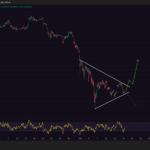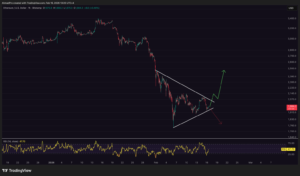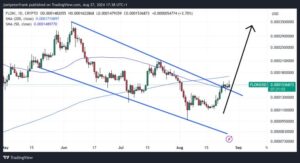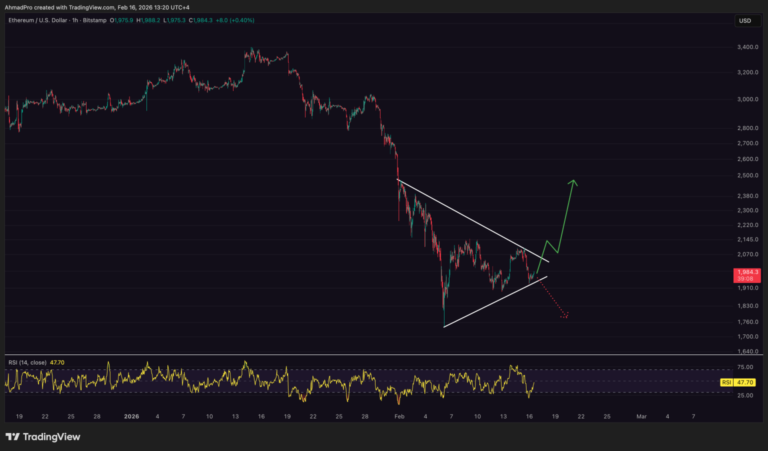Last updated:
 Why Trust Cryptonews
Why Trust Cryptonews
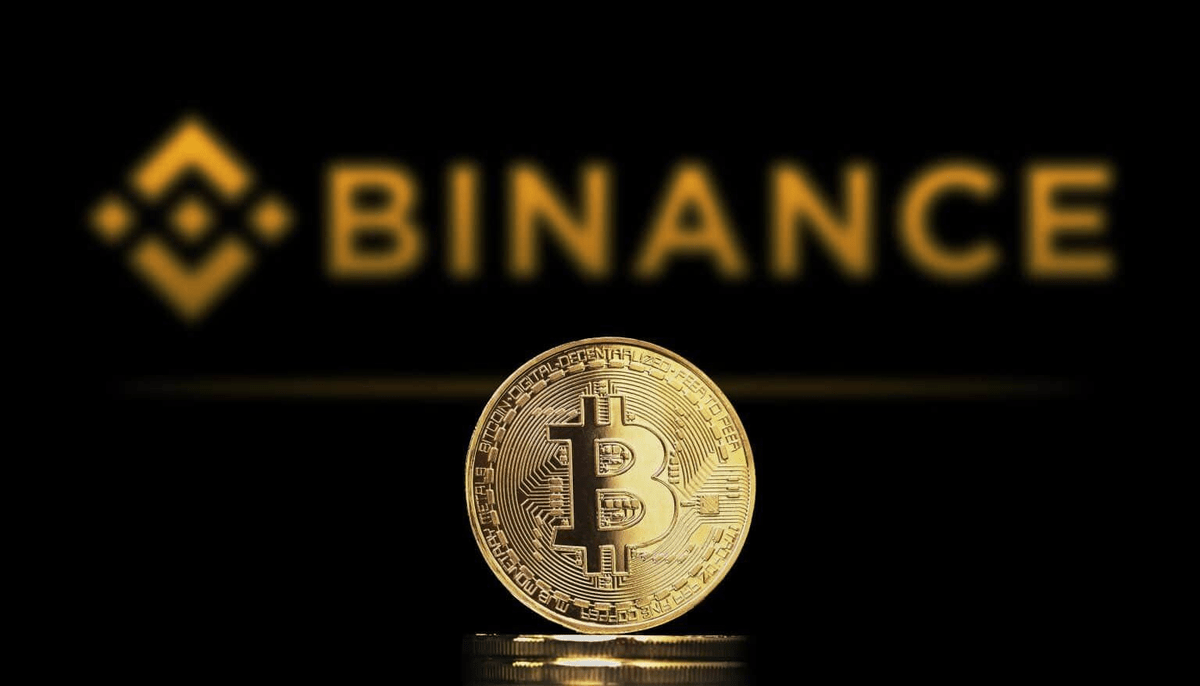
Accusations surfaced on August 26 alleging that Binance, one of the largest cryptocurrency exchanges globally, froze Palestinian users’ crypto assets at the behest of Israeli authorities.
This claim, brought to light by Ray Youssef, the co-founder of Paxful and CEO of Noones P2P platform, sparked concerns about the autonomy of cryptocurrency exchanges and user privacy.
The Accusation and the Israeli Anti-Terrorism Law
Youssef, via X, stated that Binance “seized funds from all Palestinians” at the request of the Israel Defense Forces (IDF).
He added that the exchange refused to return the funds and denied appeals from affected users. Currently, neither Binance nor Israeli authorities have publicly addressed these claims.
At the center of the issue is the allegation that cryptocurrency wallets, including those belonging to Palestinians, received funds from an organization labeled as terrorist by Israel – the Dubai Exchange Company. This Gaza-based organization was flagged by Israeli authorities in 2022.
Binance reportedly responded to appeals from Palestinian users by referencing a November 2023 letter signed by Paul Landes of Israel’s National Bureau for Counter-Terror Financing.
Citing anti-terrorism laws, the Hebrew letter justified the “temporary seizure of property belonging to a declared terrorist organization,” which included cryptocurrency funds.
“We Are All Palestinians Now”: Youssef’s Concerns About Crypto Seizures
Youssef voiced apprehension that centralized exchanges like Binance are becoming “government snitches” rather than secure platforms for digital asset storage.
He claimed Binance leaked information on users in the Middle East and North Africa (MENA) region to the IDF without due process – a serious breach of user trust if true.
Youssef cautioned, “Not your keys, not your coins. We are all Palestinians now.”
This statement underscores rising anxieties about the centralization of power within large exchanges and the potential for government intervention in a system many believed to be decentralized and autonomous.
This incident reflects a broader pattern of cryptocurrency seizures connected to geopolitical conflicts.
In October 2023, Israeli authorities froze cryptocurrency accounts allegedly used by Hamas for fundraising. Reports indicate Binance assisted in shutting down these Hamas-linked accounts.
Israeli authorities also seized 190 Binance accounts allegedly tied to Hamas and ISIS in April 2023.
Other players in the crypto space have engaged in similar actions. In 2023, Tether froze 32 crypto addresses purportedly linked to terrorist activity in Israel and Ukraine.
This action, taken with Israel’s National Bureau for Counter-Terror Financing, resulted in the seizure of $873,118 worth of USDT.



